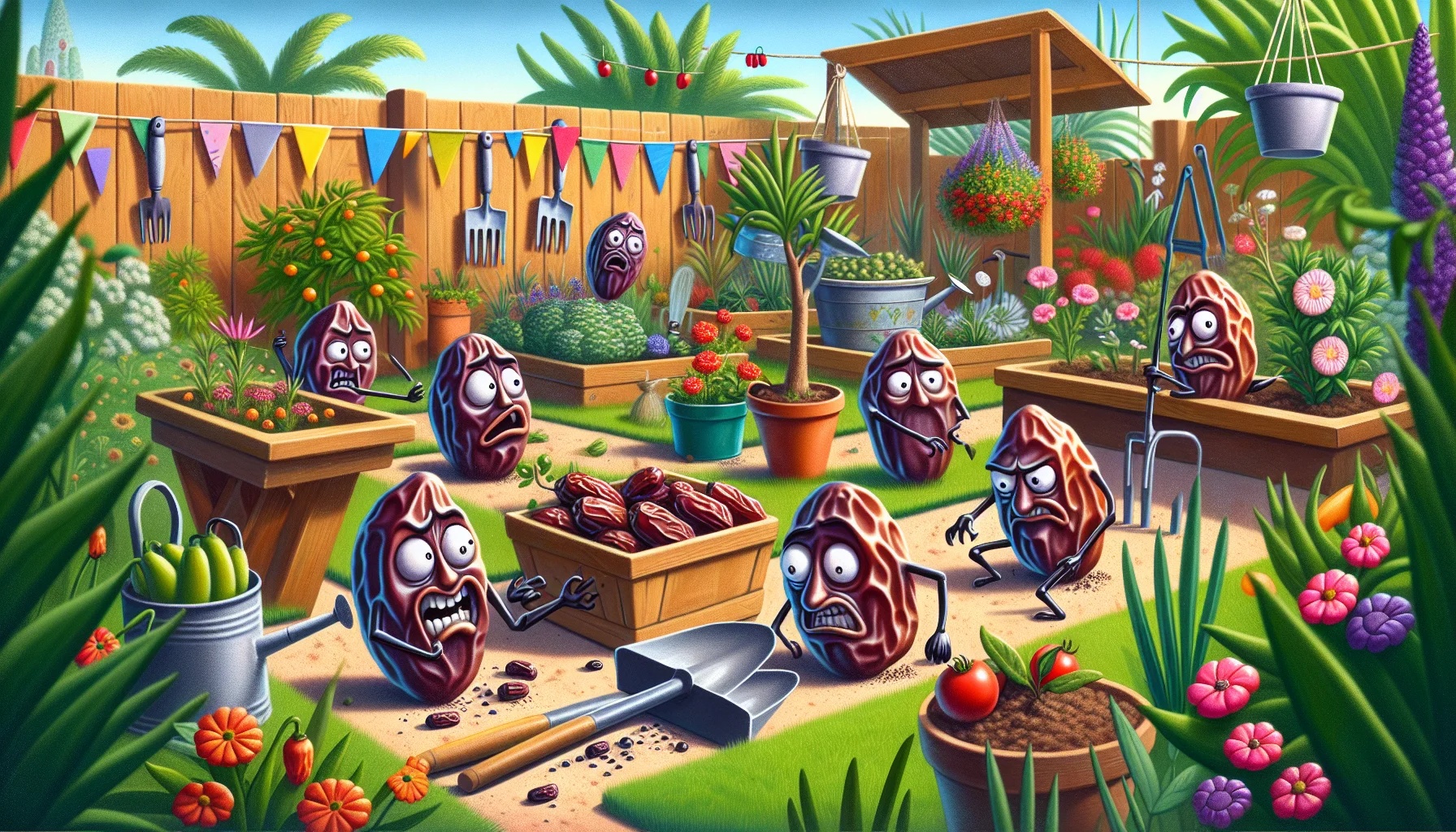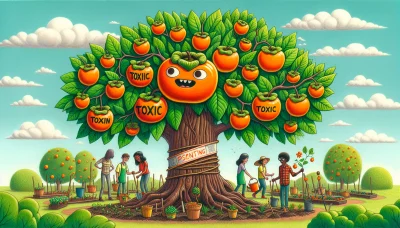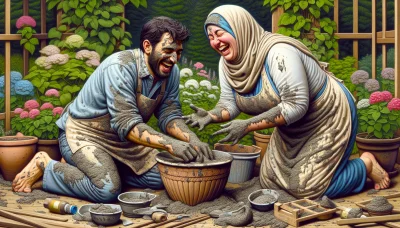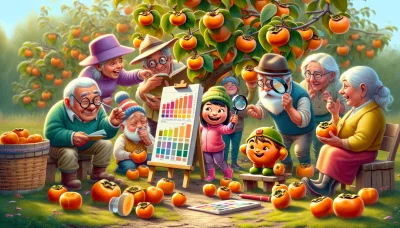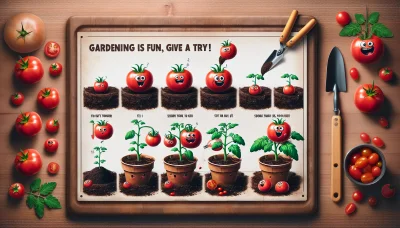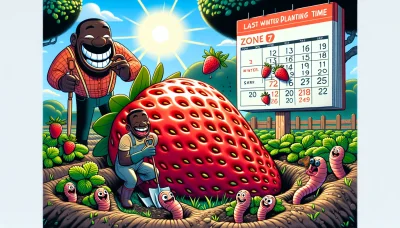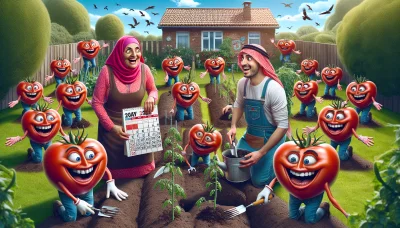Do dates go bad Quiz
Test Your Knowledge
Question of
Do Dates Go Bad?
Dates are known for their long shelf life, but like all natural products, they can eventually go bad. Typically, dates can last between 6 months to a year when stored in the pantry, and even longer if kept in the refrigerator or freezer—up to 1-2 years. The longevity of dates largely depends on the storage conditions. Keeping them in a cool, dry place away from direct sunlight helps in preserving their quality for a longer period. Factors such as exposure to moisture, heat, and pests can significantly reduce their shelf life. It's also important to check for signs of spoilage such as an unusual smell, mold growth, or a hard texture, as these indicate that the dates have gone bad and should not be consumed.
Understanding Date Preservation
- Refrigeration: Keeping dates in the refrigerator can help maintain their freshness and extend their shelf life.
- Freezing: For long-term storage, dates can be frozen. This method preserves their quality and taste for several months.
- Proper Storage Techniques: Storing dates in a cool, dry place away from direct sunlight helps prevent spoilage and maintains their quality.
Signs of Spoilage in Dates
Identifying if dates have gone bad is crucial to ensure their safety and quality for consumption. Visual signs are the first indicators to look out for. Spoiled dates often exhibit a noticeable change in color, becoming excessively dark or spotted with mold. Texture changes are also a significant sign of spoilage. Fresh dates should have a plump, slightly wrinkly texture, but not hard or overly dry. If the dates feel unusually hard, slimy, or have a crystallized surface, they may have gone bad. Additionally, any unpleasant or sour odor emanating from the dates is a clear indication that they should not be consumed. Paying attention to these signs can help determine whether your dates are still good to eat or if they should be discarded.
The Impact of Storage Conditions on Dates
| Storage Condition | Shelf Life |
|---|---|
| Room Temperature | 1-3 months |
| Refrigerator | 6-12 months |
| Freezer | Up to 2 years |
Health Benefits of Fresh Dates
Dates are a powerhouse of nutrition, offering a rich supply of dietary fiber, vitamins, and minerals. Consuming fresh, unspoiled dates can significantly contribute to a healthy diet, thanks to their high content of natural sugars, potassium, magnesium, vitamin B6, and iron. These nutrients play a crucial role in energy production, muscle health, and maintaining a healthy nervous system. Moreover, the fiber in dates aids in digestion and can help in managing weight by promoting a feeling of fullness. Including fresh dates in your diet is a delicious way to boost your nutrient intake while enjoying a sweet treat.
Growing Dates at Home
- Ideal Climate: Date palms thrive in hot, arid climates. They need full sunlight and can tolerate high temperatures, making them perfect for desert or semi-desert regions.
- Soil Requirements: Well-draining soil is crucial for date palms. They can grow in a range of soil types, from sandy to loamy, as long as the soil does not retain water. Slightly alkaline soil is preferable.
- Water Needs: While date palms are drought-tolerant, they require regular, deep watering to establish a strong root system. Once established, watering can be reduced. However, during the fruiting season, ensure they get enough water to support fruit development.
Harvesting and Storing Homegrown Dates
Harvesting dates at the right time is crucial for ensuring their best taste and quality. Typically, dates should be harvested when they are fully ripe and have turned a deep brown color. This usually occurs in late summer or early fall, depending on your climate. Once harvested, it's important to store dates properly to maintain their freshness. Dates should be stored in an airtight container in a cool, dry place. For longer storage, you can also keep them in the refrigerator or freezer, where they can last for months or even years without losing their quality. Remember to always check for any signs of spoilage before consumption.
